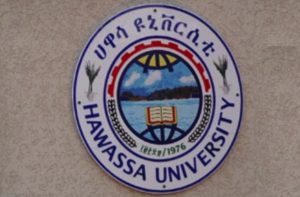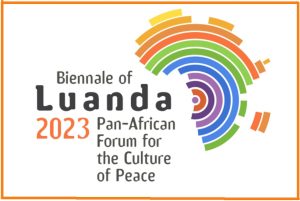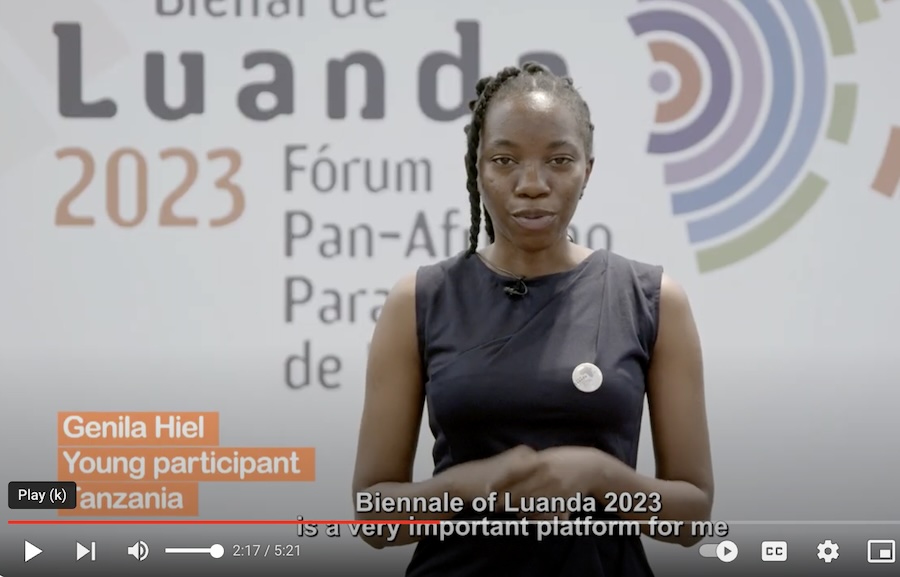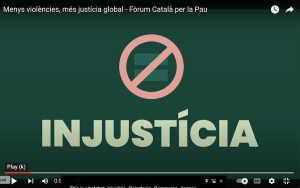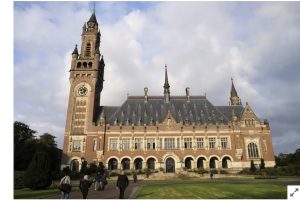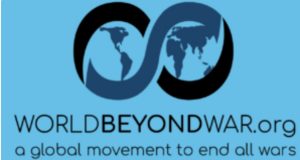. . WOMEN’S EQUALITY . .
A submission on the UN Website for the Summit of the Future (abridged)
website: https://womenalliance.org/
President Alison Brown iawpresident@womenalliance.org
Secretary General Tunica Miranda Rosario iawsecgen@womenalliance.org
Chapeau
International Alliance of Women (IAW) is an international non-governmental organization in consultative status with ECOSOC since 1947. It firmly believes that a strengthened well-functioning United Nations, working on the basis of “trust, solidarity and universality” will be able to build peace through “multilateral cooperation and collective security” as well as advance economic independence for all.
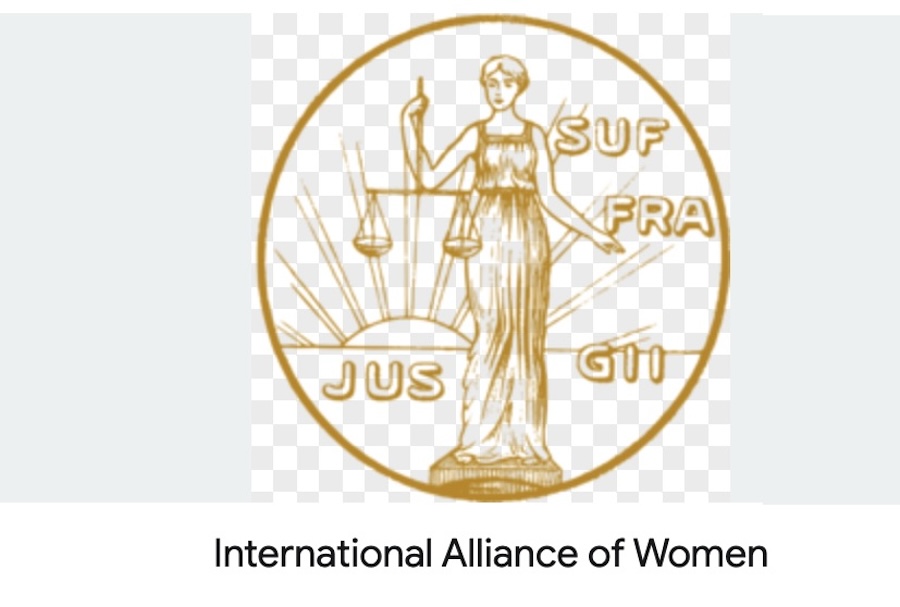
Chapter I. Sustainable development and financing for development (not copied here)
Chapter II. International peace and security
IAW strongly supports the New Agenda for Peace and wishes to contribute constructively to Member States’ and civil societies’ deliberations in preparation for the *2024 Summit of the Future.*
At its 39th Triennial Congress 2022, IAW adopted a series of resolutions of relevance to the five priority areas, as they relate to a culture of peace, greenhouse gas emissions and the military as well as the necessary UN Security Council Reform.
Culture of Peace:
The 39th Congress affirming the commitment to secure and foster a global Culture of Peace by ensuring such a culture in the homes, communities, and between nations;
noting that global peace must be restored to ensure human security and sustainable development; is of the opinion that gender equality and women’s empowerment must be at the centre of the UN Secretary-General’s New Agenda for Peace and the 2030 Agenda for Sustainable Development so that future generations may thrive;
trusts in the spirit of respect, sharing, solidarity, non-violent conflict resolution, arbitration and reconciliation to be practiced in everyday life and promoted by peace education;
recalls the banner in front of the NGO peace tent in Huairou during the 4th UN World Conference on Women 1995 reading
“Change the Culture of War to a Culture of Peace
calls on the UN and all stakeholders to increase political and financial resources for social protection, prevention, and early intervention for girls and women of all ages and abilities affected by violence and conflict.
(Article continued in right column)
What is the United Nations doing for a culture of peace?
Do women have a special role to play in the peace movement?
(Article continued from left column)
Greenhouse Effects and the Military:
The 39th Congress alarmed by global warming and the neglect of the greenhouse effect caused by the military
is of the opinion that the dangerous pollution caused by the military activities worldwide has to be formally recognized and made public. It is grotesque to scandalize the citizens’ footprints and to close one’s eyes in the face of the monstrous pollution caused by the military worldwide;
is deeply concerned about the fact that since the Kyoto protocol, 1997 (in force since 2005) through the Paris Climate Agreement, 2015 (in force since 2016) until today, the CO² and other climate relevant emissions caused by the military either in times of combat or in times of preparations for military activities is not included in the statistics of worldwide emissions;
believes that there will be no reduction and mitigation on the impact of climate change by the military without holistic and gender differentiated data and that it is particularly important to work on the basis of these data on the scientifically proven immense amount of emissions produced by the military;
is convinced that in order to save the planet and people’s survival and well-being, these statistics are needed to advocate for a profound change of people’s mindset and the military system.
Chapter III. Science, technology and innovation and digital cooperation (not copied here)
Chapter V. Transforming global governance
UNSC Reform:
The 39th Congress considering that the UN Security Council structure should be reformed as soon as possible on the basis of equal responsibilities and shared power;
is of the opinion that the UN General Assembly should urgently setup a task force mandated for creating structural changes of the UNSC in order to become operational and serving the UN Charter. This process should urgently come into force and produce a first draft in a timely manner;
calls on the UNGA, UNSG and this upcoming task force to change the structure in such a way that all UN member states will be in charge to keep, shape and sustain peace by shared and equal power of member states of all regions by alternating terms and in a balanced relation of regions. The veto powers’ rights must be eliminated;
further calls on the UNGA and the UNSG and all members states that this task force should discuss their proposals system wide within the UN and ensure that it shall be composed by 50 percent of women delegates and the stakeholders involved as experts shall be consisting of 50 percent of women, also young women, youth in general, indigenous women and men, vulnerable groups and minorities and citizens from regions under war shall be invited for contributions and listened to;
finally calls on the UNGA, the UNSG, the permanent and former and current non-permanent UNSC members and all member states, civil society and all stakeholders to support these efforts and donate resources and capacities for any support to this reforms end.
(Editor’s note: The International Alliance of Women was founded in 1902 as the International Alliance of Women for Suffrage and Legal Citizenship. At the present time its membership includes 43 women’s organizations in 32 countries.)
– – – – – –
If you wish to make a comment on this article, you may write to coordinator@cpnn-world.org with the title “Comment on (name of article)” and we will put your comment on line. Because of the flood of spam, we have discontinued the direct application of comments.
